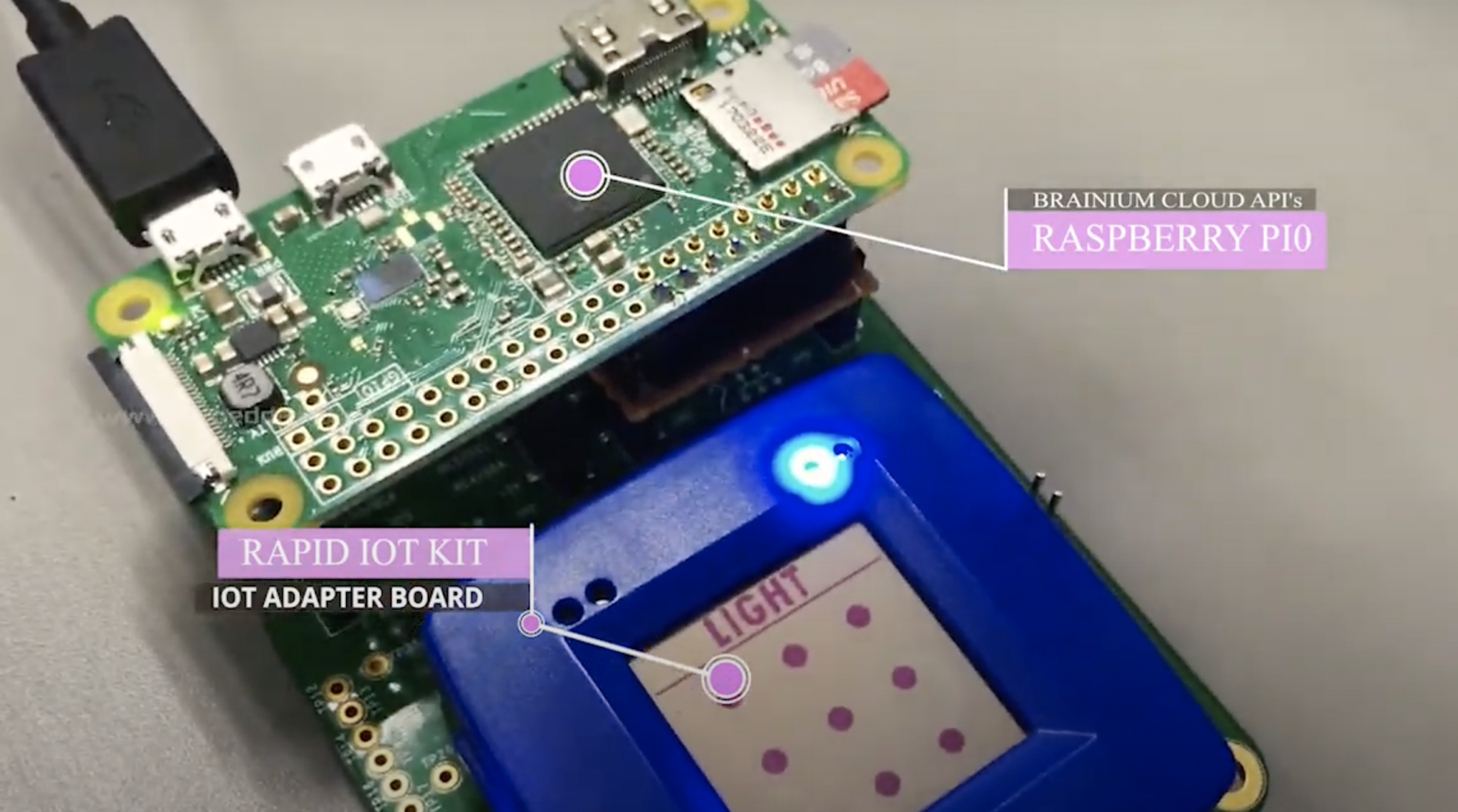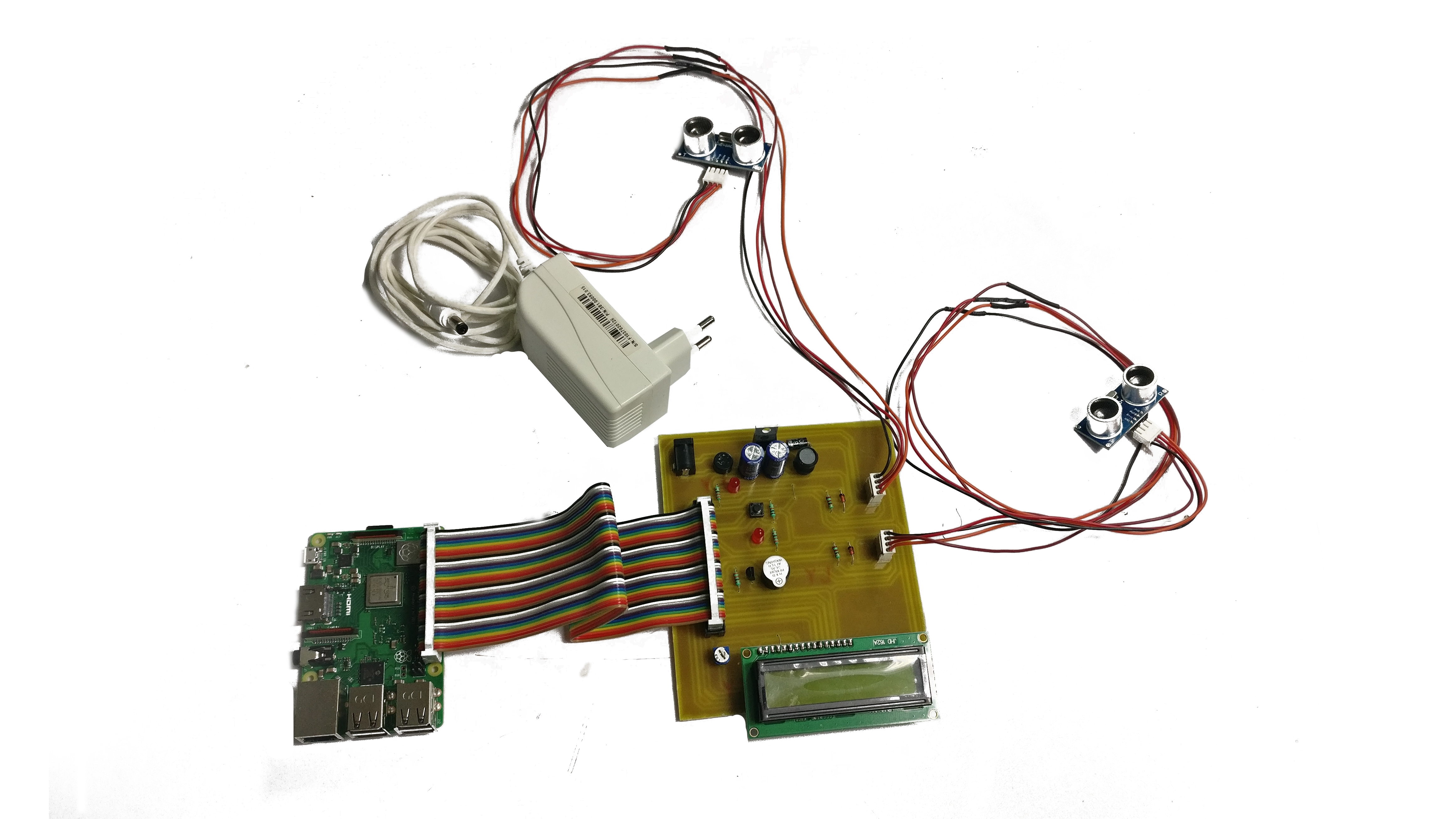Securely Connect Remote IoT P2P Raspberry Pi Download Mac Free: Your Ultimate Guide
So, you’re here because you want to securely connect remote IoT P2P Raspberry Pi and download it for free on your Mac? Well, you’ve come to the right place! In today’s tech-driven world, connecting devices remotely has become more crucial than ever. Whether you’re managing a home automation system or building an IoT project, ensuring security is non-negotiable. This guide will walk you through every step, from setting up your Raspberry Pi to connecting it securely, all while keeping your wallet happy!
Let’s face it, the Internet of Things (IoT) is no longer just a buzzword. It’s a reality that’s shaping our lives in ways we couldn’t have imagined a decade ago. With Raspberry Pi leading the charge in DIY tech projects, the possibilities are endless. But with great power comes great responsibility, and that’s where secure connections come into play.
Now, I know what you’re thinking—“Can I really do this for free?” The answer is a resounding yes! There are tons of tools, software, and methods available that won’t cost you a dime. Stick with me, and I’ll show you how to make it happen without compromising on security or functionality. Let’s dive in!
- Jamelizzzz Xxx Erome A Comprehensive Exploration Into Her Digital Fame
- Raaxo Wasmo Telegram The Ultimate Guide To Understanding The Phenomenon
What You Need to Securely Connect Remote IoT P2P Raspberry Pi
Before we jump into the nitty-gritty, let’s talk about the basics. To get started, you’ll need a few things:
- A Raspberry Pi board (any model will do)
- A stable internet connection
- A Mac computer for setup and management
- Free software tools like SSH, VNC, or WireGuard
- A bit of patience and curiosity (trust me, this part’s free!)
Once you’ve gathered everything, you’re ready to roll. Now, let’s break down the steps in detail.
Setting Up Your Raspberry Pi for Remote Access
The first step is setting up your Raspberry Pi. This might sound intimidating, but don’t worry—it’s easier than you think. Here’s a quick rundown:
- Darlaeliza Onlyfans The Ultimate Guide To Her Rise Content And Impact
- Spider Intelligence The Web Of Tomorrow Unveiled
Step 1: Install the Raspberry Pi OS
Begin by downloading the Raspberry Pi OS from the official website. It’s free, and it’s packed with features that make remote access a breeze. Once you’ve got the OS, use a tool like BalenaEtcher to flash it onto an SD card. Easy peasy!
Step 2: Configure Your Pi
After installing the OS, boot up your Raspberry Pi and configure it according to your needs. Set up Wi-Fi, update the system, and enable SSH. SSH is your best friend when it comes to remote access, so don’t skip this step!
Understanding IoT P2P Connections
Now that your Pi is up and running, let’s talk about IoT P2P connections. Peer-to-peer (P2P) networking allows devices to communicate directly without relying on a central server. This not only reduces latency but also enhances security by minimizing potential attack vectors.
But how does it work? Imagine your Raspberry Pi as a node in a vast network of devices. By establishing a P2P connection, your Pi can communicate with other devices in the network seamlessly. Cool, right?
Benefits of IoT P2P Connections
- Reduced latency
- Improved security
- Lower costs (no need for expensive servers)
- Scalability for large networks
These benefits make P2P connections ideal for IoT projects, especially when you’re working with remote devices.
Securing Your IoT P2P Network
Security is the cornerstone of any successful IoT project. Without it, your network is vulnerable to attacks, data breaches, and other nasties. Here’s how you can secure your IoT P2P network:
Use Encryption
Encryption is your first line of defense. Tools like WireGuard and OpenVPN offer robust encryption protocols that protect your data from prying eyes. Plus, they’re easy to set up and free to use!
Implement Authentication
Authentication ensures that only authorized devices can access your network. Use strong passwords, two-factor authentication (2FA), or even certificate-based authentication for added security.
Regularly Update Your Systems
Keeping your software up to date is crucial. Updates often include security patches that fix vulnerabilities, so don’t neglect them. Schedule regular updates to stay ahead of potential threats.
Connecting Your Raspberry Pi to Your Mac
Now that your Pi is secure, it’s time to connect it to your Mac. Here’s how you can do it:
Option 1: Using SSH
SSH (Secure Shell) is a protocol that allows you to access your Raspberry Pi remotely. To use it, open Terminal on your Mac and type:
ssh pi@
Replace
Option 2: Using VNC
If you prefer a graphical interface, VNC (Virtual Network Computing) is the way to go. Install a VNC server on your Raspberry Pi and a VNC client on your Mac. Then, simply connect to your Pi’s IP address, and you’ll have full control over it.
Free Tools for Securing IoT Connections
There are plenty of free tools out there that can help you secure your IoT connections. Here are a few worth checking out:
- WireGuard: A modern VPN solution with strong encryption
- OpenSSH: A classic tool for secure remote access
- VNC Connect: A free VNC client for Mac and Pi
- Fail2Ban: A tool that blocks brute-force attacks
These tools are not only free but also highly effective. Give them a try and see for yourself!
Troubleshooting Common Issues
No matter how careful you are, issues can still arise. Here are some common problems and their solutions:
Problem 1: Can’t Connect via SSH
Solution: Ensure that SSH is enabled on your Raspberry Pi. Also, double-check the IP address and password you’re using.
Problem 2: Slow Connection Speed
Solution: Optimize your network settings. Use a wired connection if possible, and reduce the number of active devices on your network.
Problem 3: Security Breach
Solution: Review your security settings. Update your software, change passwords, and enable two-factor authentication.
Real-World Applications of IoT P2P Networks
IoT P2P networks have a wide range of applications. Here are a few examples:
- Smart home automation
- Industrial IoT for manufacturing
- Remote healthcare monitoring
- Environmental sensing and data collection
Each of these applications benefits from the speed, security, and scalability of P2P connections. The possibilities are truly endless!
Conclusion
And there you have it—a comprehensive guide to securely connecting remote IoT P2P Raspberry Pi on your Mac for free. By following the steps outlined in this article, you can set up a robust and secure network that meets your needs. Remember, security is key, so don’t skimp on it!
Now it’s your turn. Have you tried any of these methods? Share your experiences in the comments below. And if you found this article helpful, don’t forget to share it with your friends and colleagues. Together, let’s build a safer, smarter IoT world!
Table of Contents
- Setting Up Your Raspberry Pi for Remote Access
- Understanding IoT P2P Connections
- Securing Your IoT P2P Network
- Connecting Your Raspberry Pi to Your Mac
- Free Tools for Securing IoT Connections
- Troubleshooting Common Issues
- Real-World Applications of IoT P2P Networks
- Conclusion



Detail Author:
- Name : Veda Walker
- Username : joana88
- Email : mcglynn.hanna@hotmail.com
- Birthdate : 1977-12-14
- Address : 47870 Kianna Shoals Lake Lewishaven, RI 86577
- Phone : 754-267-2200
- Company : Grimes and Sons
- Job : Pewter Caster
- Bio : Saepe vel harum sapiente accusantium quas numquam ea. In laudantium ut repellat doloribus aut placeat. Consequuntur explicabo est sapiente optio nulla.
Socials
instagram:
- url : https://instagram.com/gerholdd
- username : gerholdd
- bio : Eum eius eum harum soluta. Praesentium animi doloremque dicta.
- followers : 4493
- following : 1295
facebook:
- url : https://facebook.com/donna_id
- username : donna_id
- bio : Nihil rem ut voluptatem et minima consectetur exercitationem.
- followers : 3389
- following : 60